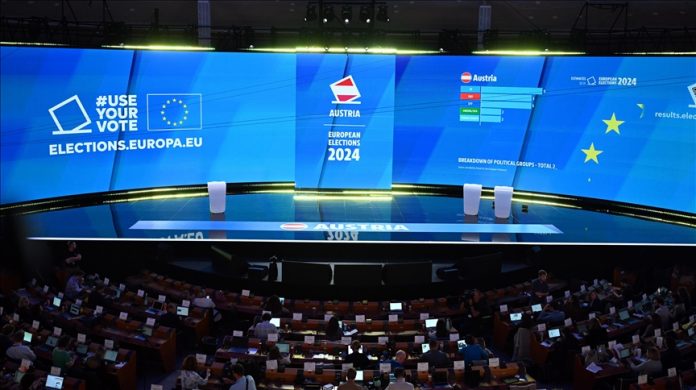The Austrian government announced yesterday the next parliamentary elections to take place on 29 September – AP News.
The Austrian government is nearing the end of its five-year term, making the next parliamentary elections scheduled for the end of September. The government’s announcement comes on the back of the victory of the far-right Freedom Party of Austria (FPO) over Chancellor Karl Nehammer’s conservative Austrian People’s Party (ÖVP) in last week’s European Parliament elections.
The Freedom Party won 25.4 per cent of the vote on Sunday, taking the top spot in a national election for the first time. Despite the Freedom Party’s slight advantage, opinion polls predict the gap between the two parties will widen, with the winning party expected to lead even more significantly.
The Freedom Party is capitalising on voter dissatisfaction with the ruling coalition of the Nehammer Conservatives and Greens, fuelled by crises ranging from the Covid-19 pandemic to inflation. For instance, an analysis of 2024 shows that 221,000 of the 1.3 million voters who supported the ÖVP in the last EU elections in 2019 supported the FPO this time round, according to Reuters.
The Austria Press Agency reported that after his party’s defeat in the European elections, Nehammer admitted there was “great dissatisfaction.” Nehammer said his party would do everything to convince voters how seriously it would take their concerns in the coming months over the issues of migration and over-regulation.
Opinion polls for the parliamentary election show the FPO with about 30 per cent of the vote, with the ÖVP and opposition Social Democrats claiming second place with about 20 per cent. Coalition formation may be difficult as the leaders of all five parliamentary parties have ruled out the possibility of forming a coalition with FPO leader Herbert Kickl.
The FPO party won Austrian European elections for the first time on Sunday, albeit by a margin of less than one percentage point over the Nehammer People’s Party.
Austria has changed six chancellors in the past 10 years and one of them, Sebastian Kurz, has held the post twice. The country’s last national election was in 2019, after then-Chancellor Sebastian Kurz pulled the plug on a ruling coalition between his right-wing People’s Party and the far-right Freedom Party.
